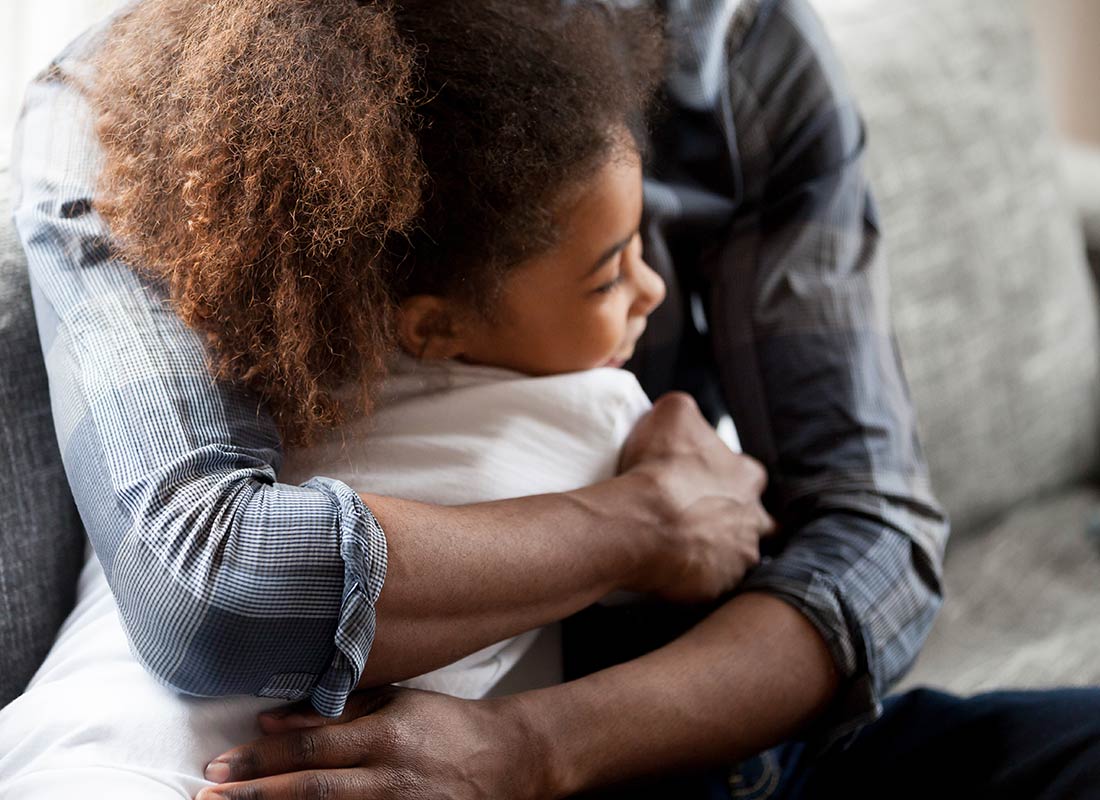
ACES: What are they and who are they affecting?
What are ACEs?
ACEs refers to adverse childhood experiences. This could refer to any trauma or violence that someone experiences before the age of 18.
ACEs can increase risk for chronic illness, mental health issues, and substance abuse. The more adverse childhood experiences, the more risk.
US Statistics
Over half of American adults, 57.8%, have experienced one or more ACEs. According to the CDC, one in six adults went through at least four adverse childhood experiences. That comprises almost 17% of all adults in the United States.
Additionally, people belonging to minority groups– women, racial minorities, etc.– are more likely to have adverse childhood experiences.


ACEs in Arkansas
Adverse childhood experiences impact over half of Americans, children in Arkansas face adverse childhood experiences more than children in any other state.
The top five states for children to experience at least three adverse childhood experiences also includes Arkansas. One in seven Arkansans experience at least three ACEs, as opposed to the national rate of one in ten.
Nearly one third of children in Arkansas have dealt with parental separation and the percentage of children who have experienced the death of a parent is higher than the national average. Both of these statistics create higher risk for ACEs.
What’s the good news?
The good news is: there are ways to help. There are many things that can help with the lasting effects of adverse childhood experiences, and many of them come down to the support of caregivers. When parents or trusted adults form healthy, strong, and safe relationships with children affected by ACEs, the impact of those ACEs can be offset.
Trauma hurts, but there is hope for healing.



